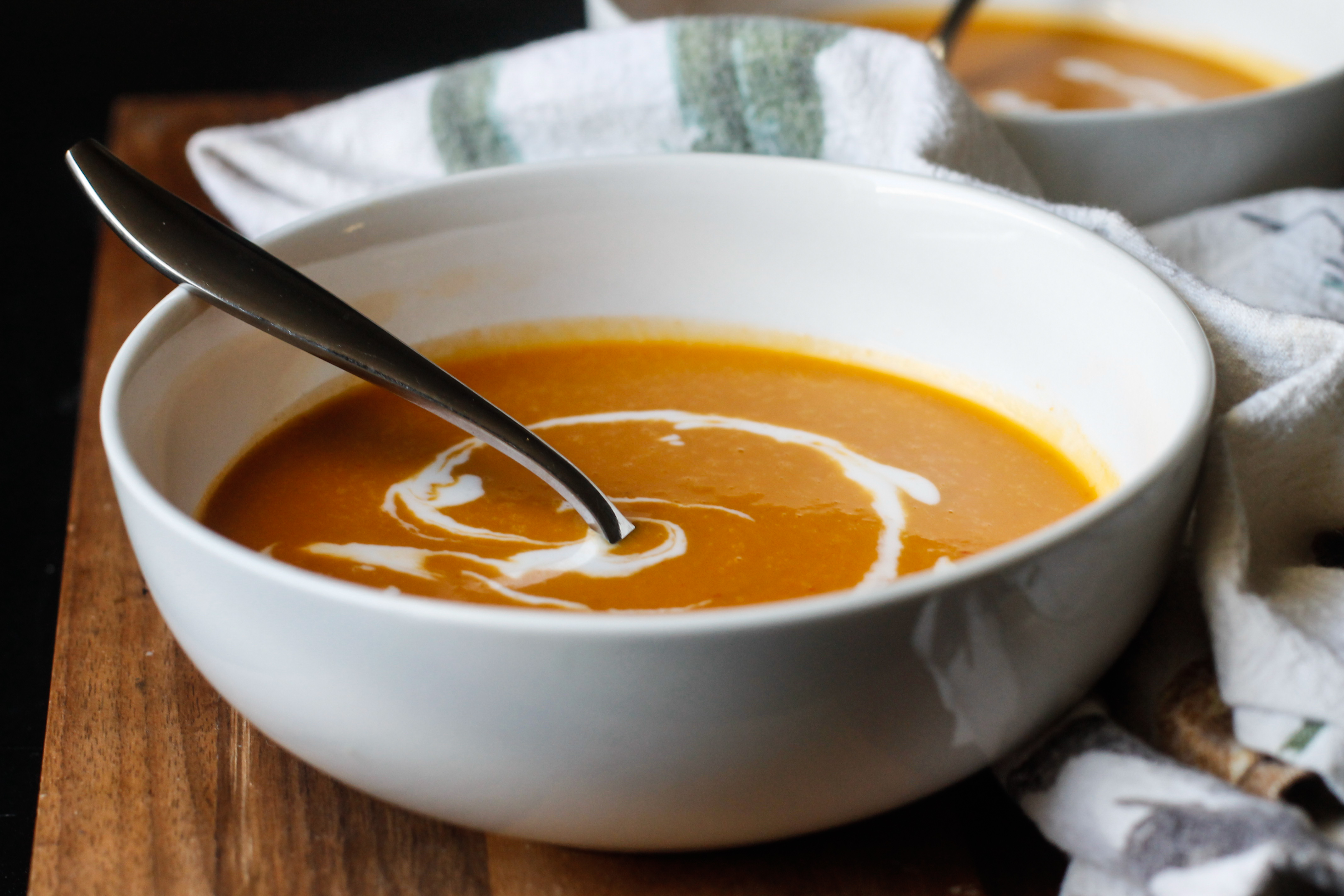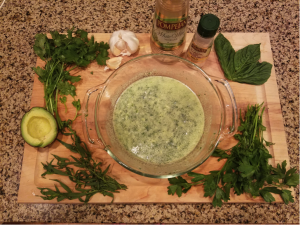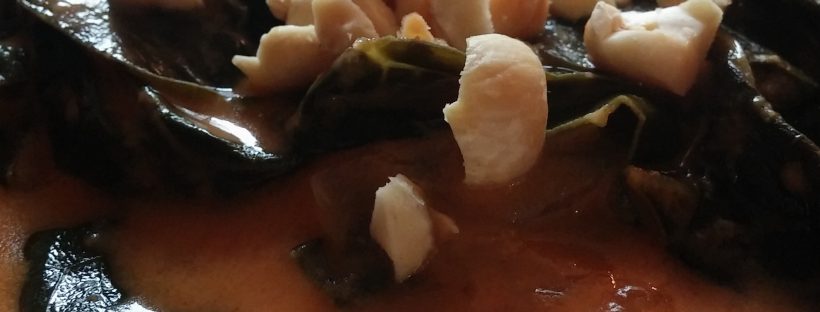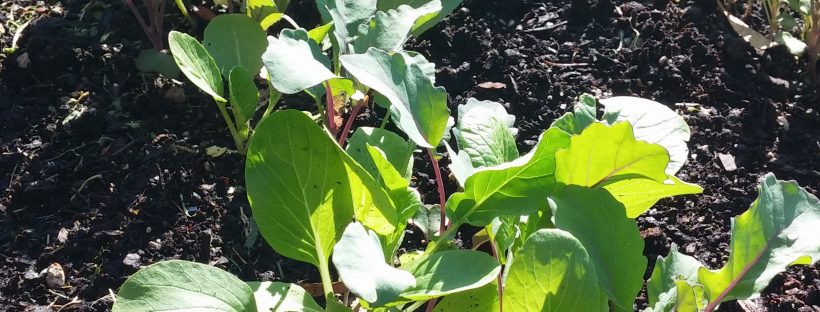“For a start, most animals who kill for food would not be able to survive if they did not, whereas we have no need to eat animal flesh. Next, it is odd that humans, who normally think of the behavior of animals as ‘beastly’ should, when it suits them, use an argument that implies that we ought to look to animals for moral guidance.” – Peter Singer, “Equality for Animals?”
Singer’s arrogance in his article “Equality for Animals?” is among the multitude of reasons why many omnivorous people despise vegans. Often, their vigilance against all animal products, including eggs, dairy, and honey, comes across as preachy or self-righteous. Many vegans are just as offended at someone delighting in a crispy fried chicken thigh as I am when I see someone wearing a “Make America Great Again” hat or tee. Politics aside, vegans can be a finicky bunch. Continue reading




